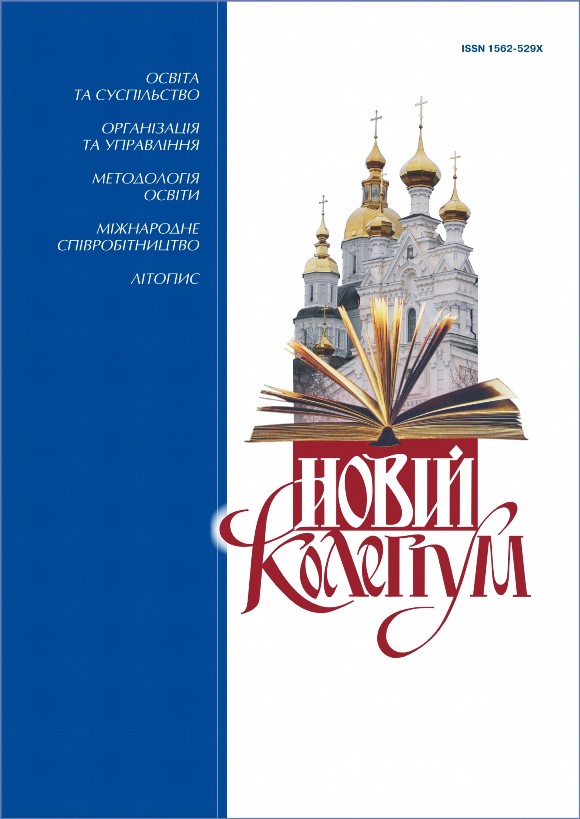Chair of HGV and HSER of KNUCEA: 90 years of the path from classical traditions to the future of education
DOI:
https://doi.org/10.30837/nc.2020.4.55Keywords:
classical education, connection with production, training of engineers, competence, competitiveness in the marketAbstract
The article analyzes the relevance of the traditional components of the educational process in a higher technical school on the basis of 90 years of experience in training engineers at the chair of Heat and Gas supply, Ventilation and the use of Thermal Secondary Energy Resources of the Kharkov National University of Civil Engineering and Architecture. In particular, the developed laboratory and technical base, targeted educational and methodological support, close communication with related departments of other higher educational institutions, the ultimate coordination of the scientific activities of the chair with the needs of production, the presence at the chair of teachers with extensive experience in practical activities in the specialty, systematic training of their own talented highly qualified teaching staff, the combination of teaching and research work of the chair staff with administrative and social activities at the university, continuity and stability of the department leadership.
It also analyzes promising ways and methods of improving the quality of higher education in Ukraine in the third decade of the 21st century. Among these activities, the close integration of training with production, increasing the competitiveness of a future specialist in the face of dynamic changes in the world labor market, training of teachers in foreign universities or design and production firms, attracting students to scientific work at the early stages of training, the formation of professional competencies among undergraduates of higher technical educational institutions according to the Washington Agreement (WA), improving the organization of students “independent work”, implementing the imperative in the student's mind about the need for professional self-improvement throughout life and teaching him the skills of this self-improvement, enriching the standard components of the educational process with additional non-standard creative "zest", stimulating students' creative imagination for extraordinary ideas and projects.
References
Косарук О. М. Професійна підготовка майбутніх фахівців інженерних спеціальностей на засадах інтеграції навчання з виробництвом : автореф. дис. … канд. пед. наук. Вінниця, 2019.
Скирда А. Є., Романько В. В. Аналіз системи підготовки інженерів в Україні: цілі та задачі : Наук. пр. ДонНТУ. Серія: «Педагогіка, психологія і со-ціологія». 2013. № 1 (13).
Ерофеева Г. В., Гирякова Ю. Л. Развитие тенденций высшего образова-ния и формирование профессиональных компетенций магистрантов технических вузов // Вестник ТГПУ (TSPU Bulletin). 2012. 4 (119).
Падерин В.К., Митрошина О.В. К вопросу о технологиях организации самостоятельной работы студентов // Известия КГАСУ. 2014. № 4 (30).
Ігнатюк О. А. Теоретичні та методичні основи підготовки майбутнього інженера до професійного самовдосконалення в умовах технічного університету : автореф. дис. … д-ра пед. наук. Харків, 2010.

